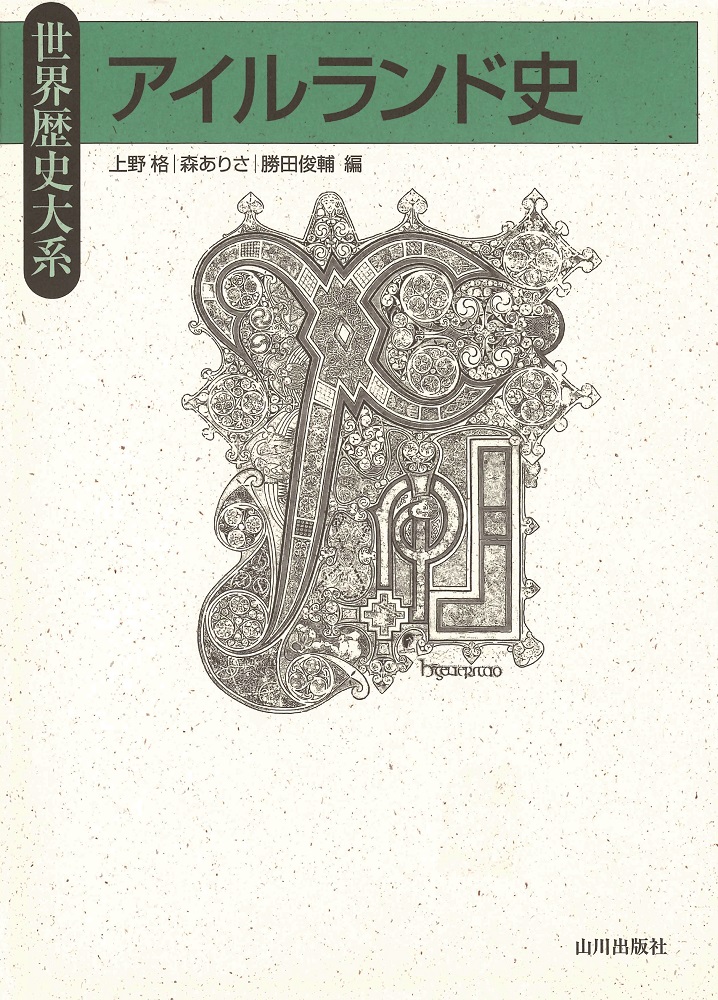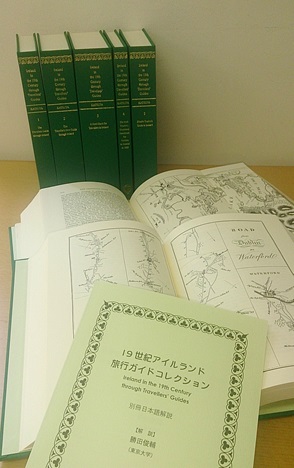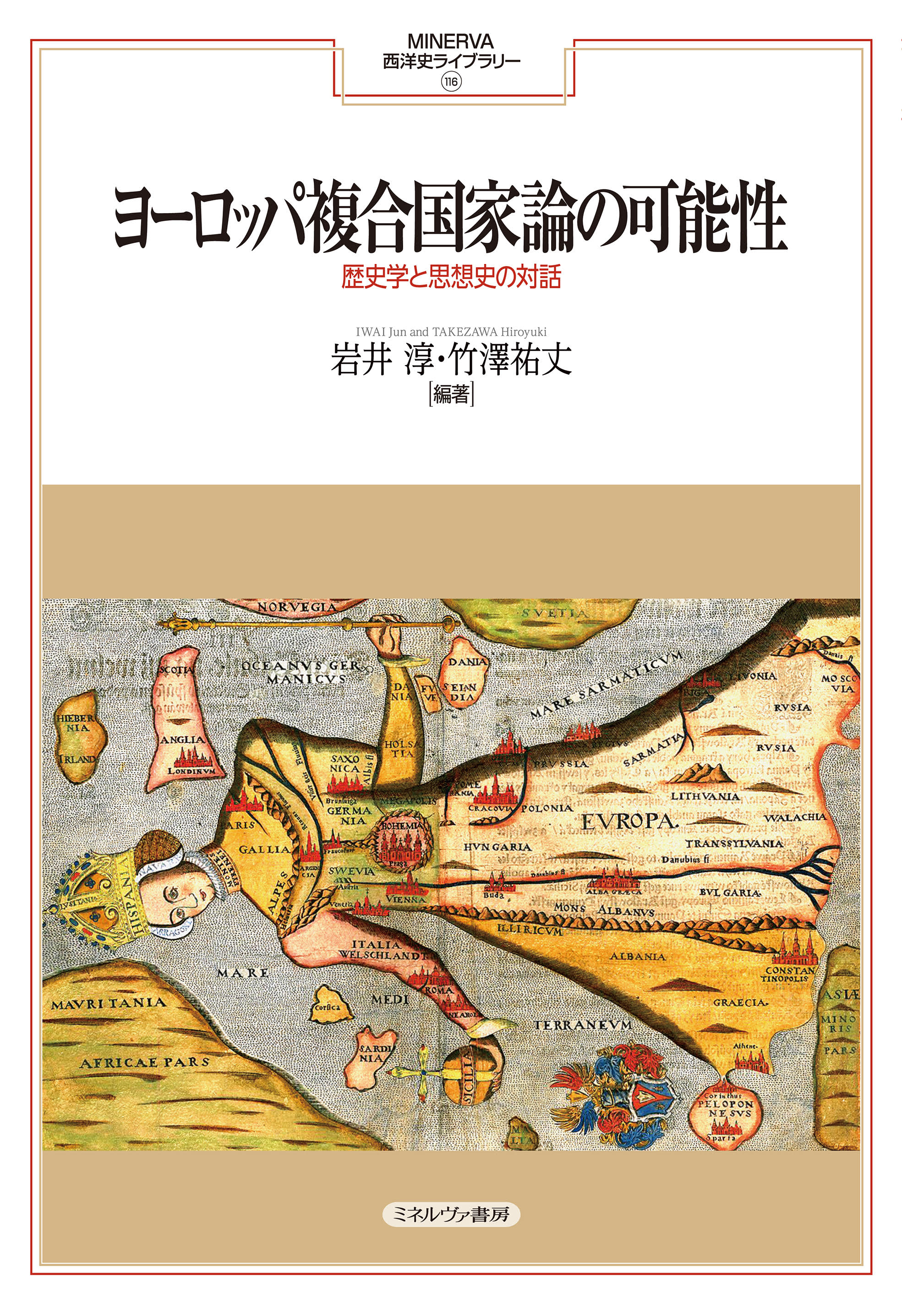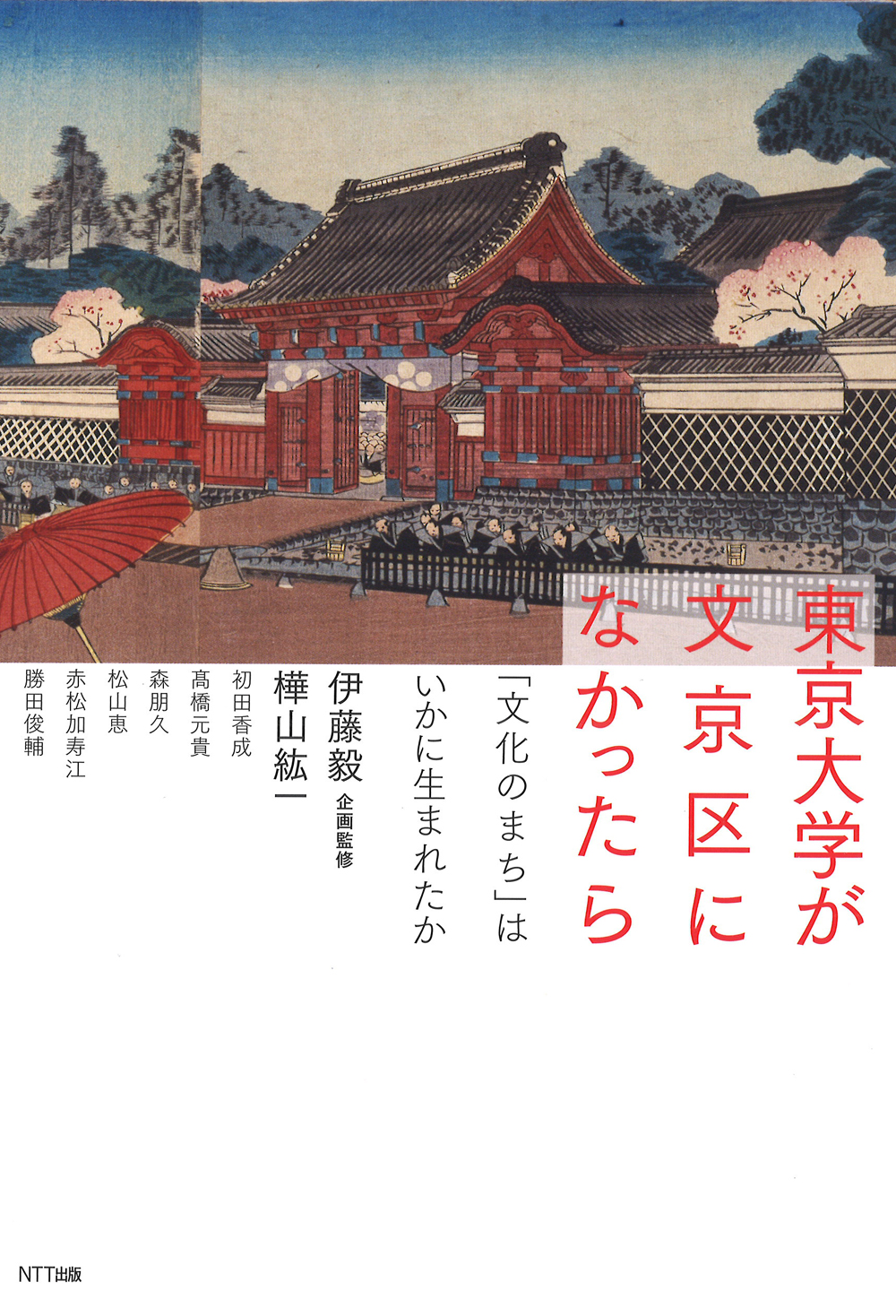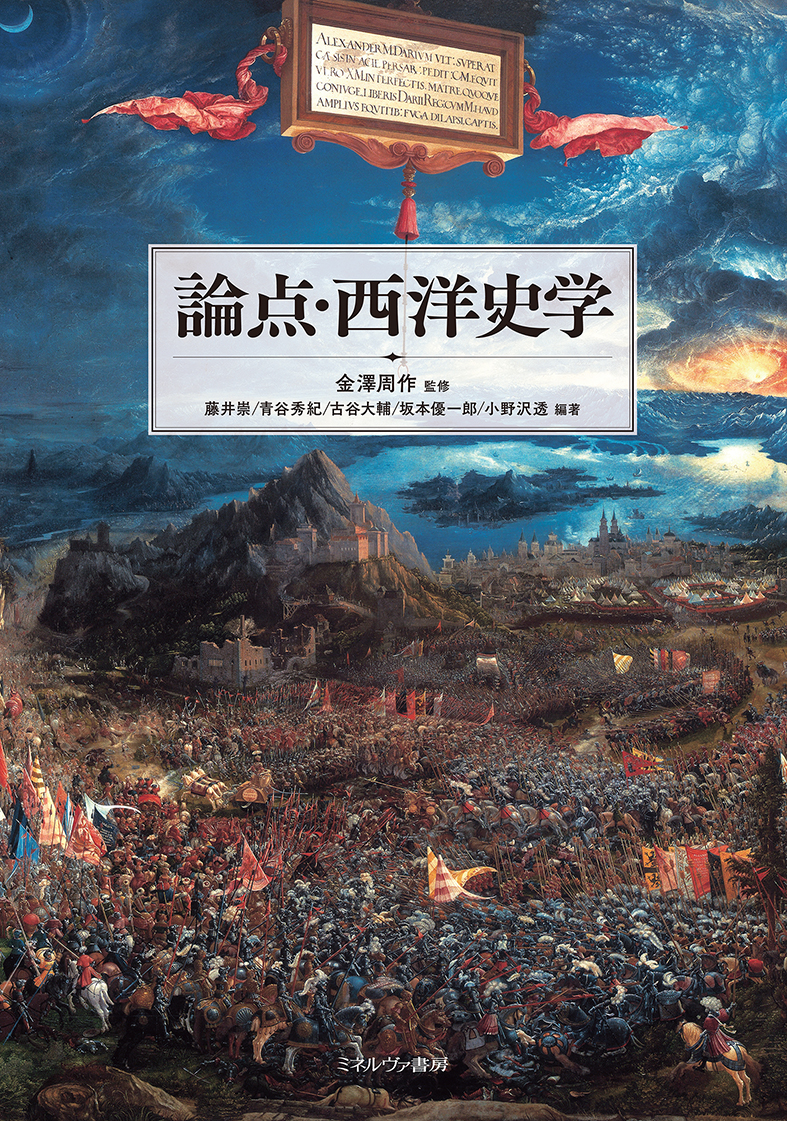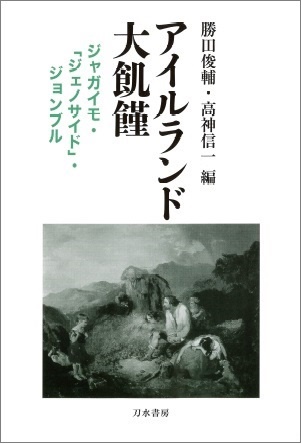
Title
Ireland Daikikin (The Great Famine of Ireland - Potato, “Genocide,” and John Bull)
Size
400 pages, A5 format
Language
Japanese
Released
February 29, 2016
ISBN
978-4-88708-427-8
Published by
Tosui Shobo, Publishers
Book Info
See Book Availability at Library
Misc.
Out of Stock
Japanese Page
This book explores the theme of the Great Famine of Ireland (1845–1850). Caused by successive crop failures of potatoes, the staple food of Ireland’s rural communities, the Great Famine left deep scars on Irish society as more than 25% of the population either died or emigrated within a period of about five years. Because Ireland was then part of the United Kingdom of Great Britain and Ireland, the Great Famine was a critical event in British as well as Irish history. This famine was one of the largest famines of 19th century Europe, and it caused a large number of Irish to emigrate to other countries around the world, most notably the United Kingdom, the United States, and Canada. The Great Famine can therefore be regarded as a significant event in world history in the 19th century.
In Irish historical understanding and history research, the Great Famine has been an important and controversial theme. Taken in the extreme, it was a human-made disaster caused by a food shortage that was deliberately created by the British government which did not prohibit food exportation from Ireland during the famine. Not only was this idea “common sense” in the historical understanding that pervaded the society of the Republic of Ireland, but it also spread to those areas of the United States that received numerous Irish immigrants. Conversely, from the perspective of history research, the Great Famine was a complex phenomenon. Research has made clear the following facts, viz.: at the time of the famine, the United Kingdom introduced extensive relief measures; however, the scale of the crop failure was simply beyond the resources of any nineteenth-century government; many in fact died from illness (epidemics) not starvation; and there were considerable regional differences in the degree of damage incurred. In short, it is difficult to provide a simple explanation of the cause of the Great Famine.
In Japanese research on European history, there have been no studies that directly address the Great Famine. It might be added that famine in general has been a neglected subject in the study of European history in Japan. The first challenge of this book is to fill these gaps by introducing the trends in famine research outside Japan and the latest findings related to the Great Famine of Ireland. The book will then make its own attempt at a multifaceted analysis of the Great Famine by examining the following issues: (1) the structure of the Irish economy in the early 19th century, which experienced rapid population growth, an expansion of agricultural production and de-industrialization; (2) interpretations of the Great Famine in classical economics, which was in its golden age at that time; (3) the limitations of famine relief measures introduced by the government and private sector of the United Kingdom; (4) the trend of emigration to the United States, which increased during the Great Famine and was to have a significant influence from outside on Irish nationalist politics in the latter half of the 19th century; (5) reactions of Irish nationalism, an extreme branch of which sought to deal with the Great Famine by establishing Ireland as an independent nation; (6) comparison between famine relief measures in India, which experienced several large-scale famines in the late 19th century, and the experiences of the Great Famine in Ireland; (7) motifs of the Great Famine in Ireland, a literary superpower; and (8) historical study and historical understanding in 20th century Ireland in general and the positioning of the Great Famine research there.
(Written by KATSUTA Shunsuke, Associate Professor, Graduate School of Humanities and Sociology / 2017)
Related Info
Book reviewed by L.M.Cullen (Irish Economic and Social History Volume 45, Issue 1, Dec 4, 2018)
https://doi.org/10.1177/033248931880493



 Find a book
Find a book


